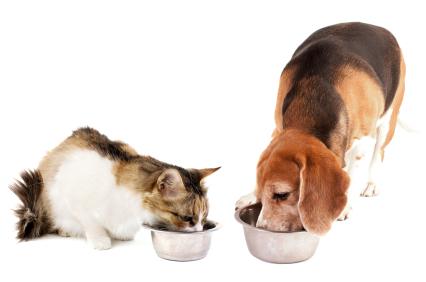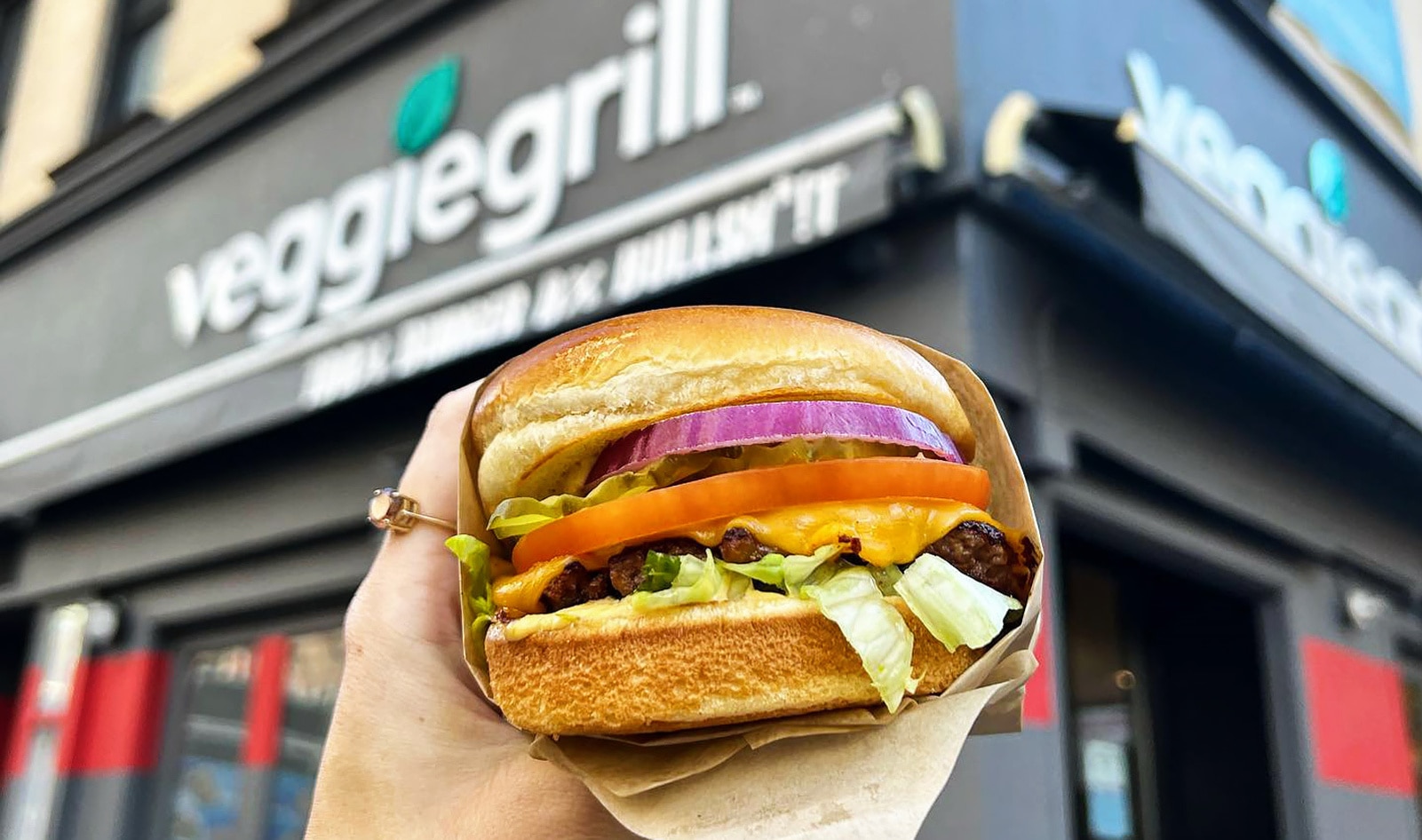The global vegan pet food market is anticipated to grow at a CAGR of 8.5% during the forecast period (2022-2028). In recent times, the invention of vegan alternatives in the pet food industry has been witnessed over the years. People are increasingly becoming bothered about the slaughter of animals and the environmental destruction caused by animal husbandry.

This results in the changing preference toward vegan diets for both themselves and their pets, boosting the global vegan pet food market growth. Domestic meat consumption is responsible for releasing greenhouse gases such as methane, CO2, and nitrous oxide. This is increasing the concern among people about the ethical implications of their pet food. Consumer participation in response to environmental concerns and sustainability is pushing pet food companies to evaluate their carbon footprints.
Feeding meat to dogs and cats has a large impact on the environment. A study titled “Environmental Impacts of Food Consumption by Dogs and Cats” calculated that meat-centric pet diets are creating a whopping 64 million tons of carbon dioxide, equivalent to driving 13.6 million cars a year. Moreover, according to OMNI Pet Ltd’s press release the company has sold nearly 90,000 vegan meals for dogs since September 2021. The environmental implications of these sales are far-reaching, given meat production’s role in the climate crisis. OMNI estimates that it has saved 112,000 kilograms of CO2 emissions so far – equating to 590 return flights from London to New York.

In addition, the rising launches of vegan pet foods are driving the market growth. For instance, in December 2021, Tesco launched some vegan-friendly treats for pets this year. A demand for Vegan dog food has increased after more people decide to feed their dogs on a plant-based diet for reasons varying from health to morality. Tesco’s pet treats include Softie Vegan Training Treats produced by Scrumbles, Good Boy’s Chompers Bone, and Denzel’s Plant-Based Bites for Dogs.

** Click here to read the full text **








